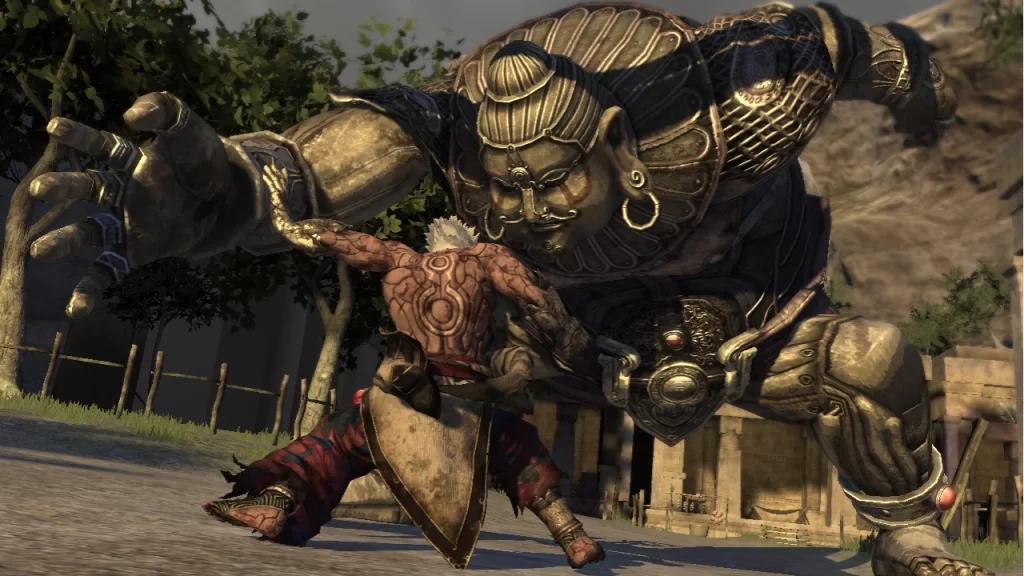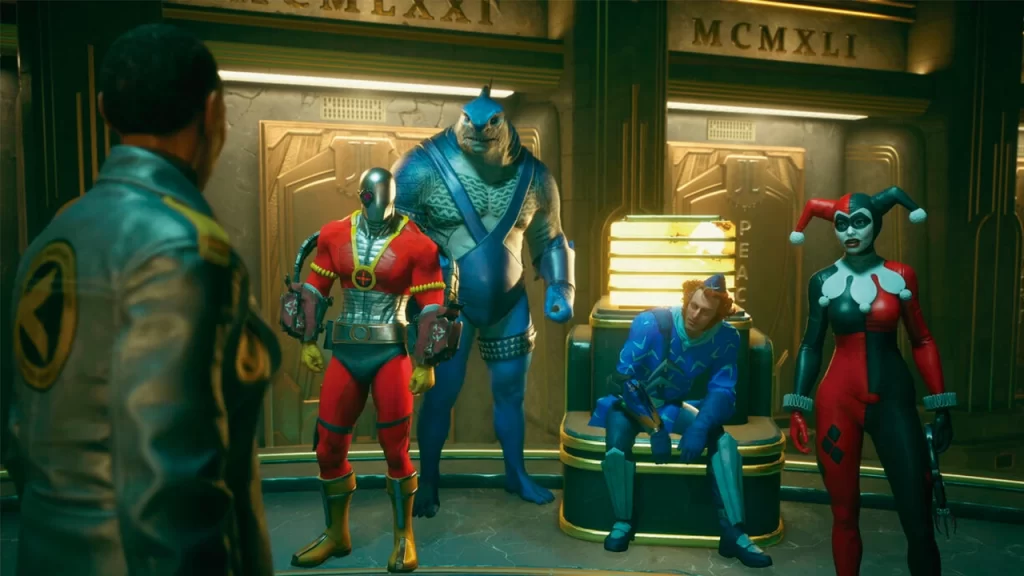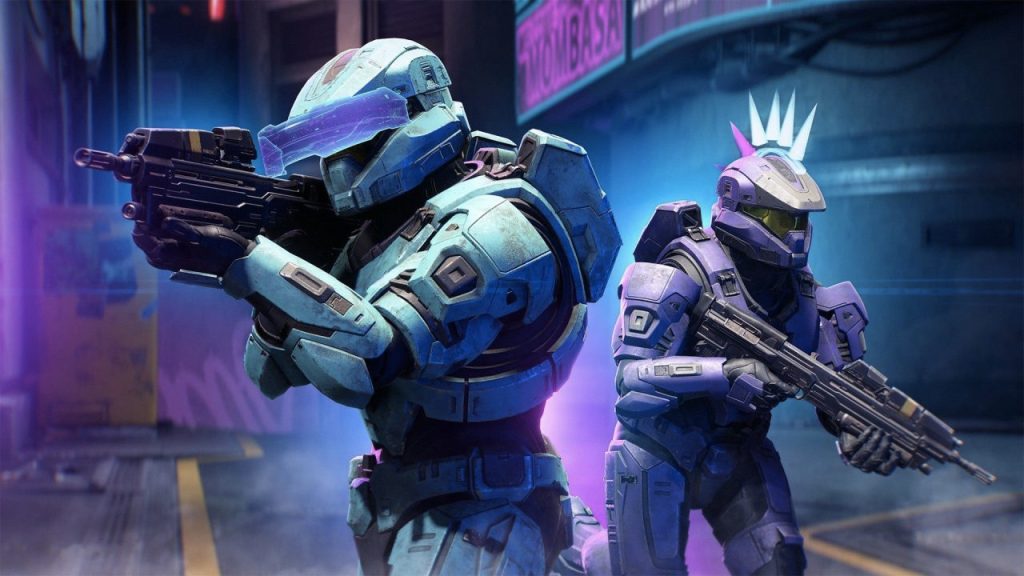Practically since they began to be implemented, microtransactions became a very controversial topic in the gaming industry. video game. No title that includes them is safe from the wrath of fans even though they have been part of this medium for several years.
But if they are so hated, why are they still so valid today? On the one hand, fans complain but on the other they give all their money to the companies because they enjoy the advantages offered by these small downloadable contents? Here we analyze it.
Why are microtransactions still alive?
The topic of microtransactions is in fashion again, but it has been in the industry for some time
The discussion about hating microtransactions was once again in the spotlight due to the release of Dragon's Dogma II which includes some of these purchases. Despite the positive reviews it received for its gameplay, many players immediately ran away from it simply because it sells some items.
The scandal caused Capcom to come out with a statement. In it they indicated that everything they sell can be easily obtained within the game. Practically it is just a way to speed up certain processes.
This is not the first Capcom game to have these types of microtransactions. Well Resident Evil 4 and Devil May Cry 5 They also included them. Likewise with objects that were not necessary to progress and that simply help the player in certain aspects.
In fact, some guides to obtain the S rank on the professional difficulty of Resident Evil 4 They recommended buying a golden ticket that Capcom sold in the Steam, PlayStation and Xbox digital stores. If we see that, for years, microtransactions are still present and we also have these recommendations. So whose fault is it that they continue to exist?
There are different types of these practices and they are not always invasive.
Now we must also say that there are different types of microtransactions. The current ones from Capcom simply help the players and if they themselves want it. There is nothing forcing them to buy.
However, we already have examples where the greed of companies shows its ugly face. As was the case of Konami that wanted to charge for new save spaces or Capcom itself a few years ago that sold us the true ending of the game as something extra. Asura's Wrath.

Currently the most predominant are aesthetics and we already see them in hundreds of games. Although the most common thing is that they are in battle royales and free to play games, we also see them making their way to single-player titles. There we have Ubisoft and its Assassin's Creed which offer looks for weapons and main characters in exchange for real money. But again these are things that are not necessary to play
Curiously, these do not provoke the same angry response from fans. Many even show off their skins Prince of Persia in Assassin's Creed Mirage or we see them roaming around in skins or operators that can only be obtained through microtransactions. So do you hate microtransactions or not? Or is it just a matter of jumping on the trending trains of Twitter and Steam discussion forums?
Microtransactions are more than 20 years old and stronger than ever
Through social networks, many players hate microtransactions no matter what they are. They supposedly hate their very existence but there is various evidence that the players are the ones keeping them alive.
On the one hand, many beat their chests and say that these practices destroy the industry, but on the other hand, they are buying the cat ears or the golden horse that allows you to travel faster on the map.

Microtransactions are something that has been implemented in video games on a larger scale since the early 2000s. 24 years later they are still the same as ever and even stronger. All because there is a market willing to buy.
If they were really as aggressive and bad as many complain, then they would have completely disappeared from the industry by now.. After all, no one would buy them and companies would stop seeing the appeal. However, this is not the case and it seems that things will not change in the immediate future. In addition, more and more studios will seek to increase their profits by introducing them into their games.
If you keep buying them, don't complain that they keep coming.
The emergence of microtransactions in single-player titles is just a response to industry trends. An attempt to generate more profits in a market that seems increasingly difficult.
It is already very common to see single-player experiences that struggle too much to find their market and become profitable. No matter the critical rating or the love of fans who give them a chance, they just don't achieve the expected sales. While on the other hand, we see the popularity of games as a service that generate millions for their companies. Seeing such numbers, who wouldn't want their piece of the pie?

As much as fans say that they will get noticed 'with their wallet' it seems that they do it the wrong way. Supposedly they do not want to give money to microtransactions but there is data that shows that they are very comfortable with them. So don't be surprised if games continue to arrive with more invasive microtransactions or even incomplete experiences that will sell you the rest of the game over time.
If you really want to stop microtransactions, really don't buy them. Don't use one hand to complain on social media while with the other you enter your card number to buy the sword that lights up every time you make a loss.
Don't stop following us on Google news. You can also go to our Discord to talk about games and other topics.
(Visited 7 times, 7 visits today)
#Glitch #Microtransactions #players39 #fault #TierraGamer #news #entertainment #anime #series #video #games #technology